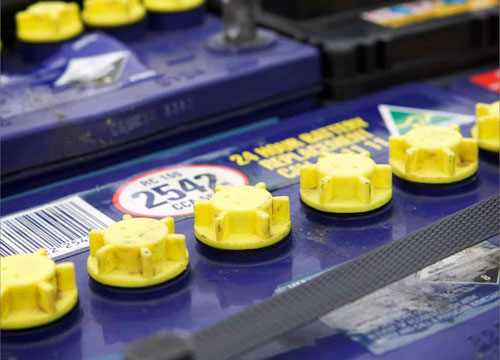If you wake up one morning and your car gives you the dreaded clicking sound when you attempt to fire up the ignition, your car battery may be completely dead. If your attempts to jumpstart the car fails, the next step is likely an appointment with your auto repair shop. Alternatively, you could head down to the auto parts store to begin the fix by yourself.
But what should you do with the old battery?
Surprisingly, over 98 percent of a lead-acid battery can be reclaimed if recycled. The plastic, acid, and lead components can be re-processed and manufactured into various other products, including detergents, cabling, and guideposts. In turn, this allows the demand for plastic to reduce. We all know what less plastic in the world means for humans, wildlife, and the environment as a whole.
Before you do anything with your dead car battery, call up a Scrap Metal Recycling Company who can handle Battery Recycling in Perth. They’ll come to pick it up and pay you cash on the spot or tell you where you can drop it off and collect payment. If transporting the lead-acid battery by yourself or with loved ones, make sure you take the following precautions when handling the battery:
Do
- Wear gloves
- Wrap the battery in a towel or blanket
- Wear a mask
Don’t
- Touch your eyes, mouth, or nose
- Let the acid of the battery leak out
- Put in general waste
- Burn the battery
It’s better to be safe than sorry, as lead-acid batteries are highly corrosive and can present various health risks if you come in contact with them in the wrong way.
What gets recycled?
Let’s break it down even further and explain how dead batteries are recycled and how it benefits Australia. Recycling lead, polypropylene, and sulfuric acid provide manufacturing materials for many different products.
